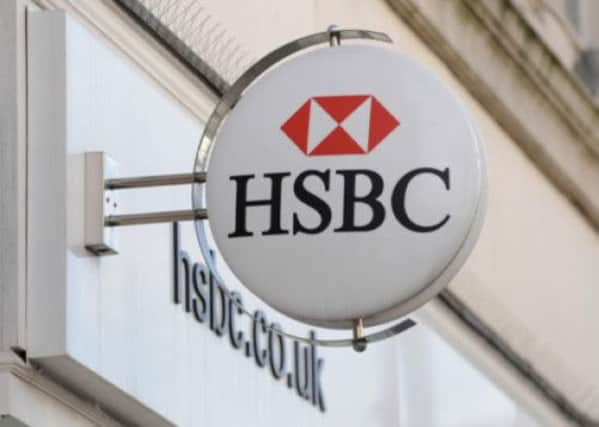HSBC to fight as court orders it to pay over class action


The bank, which is headed by chief executive Stuart Gulliver, has been battling the case for 11 years, since it bought US lender Household International for £9bn in 2002.
Investors in Household, which is now called HSBC Finance Corp, filed the suit in 2002 accusing the company, chief executive, chief financial officer and head of consumer lending of misleading them about its aggressive lending practices, the quality of its loans and its financial accounting, which inflated its share price.
Advertisement
Hide AdAdvertisement
Hide AdThe stock had plunged in 2001 as reports about its lending practices began to emerge, with HSBC swooping on the lender the following year. The final judgment, which includes $1.5bn in damages and nearly $1bn in interest, comes after a jury in Chicago found in favour of Household investors in May 2009.
James Glickenhaus of Glickenhaus & Co, one of the three lead lawyers representing the plaintiffs, said the judgment “shows that the fraud committed by Household International and the individual defendant officers will not go unpunished, and we look forward to having the judgment affirmed on appeal”.
But HSBC said the judgment was “the next legal step in an 11-year-old case”.
It said it would appeal and believes it has a “strong argument”.
The lawsuit named Household International and its former executives William Aldinger, David Schoenholz and Gary Gilmer.
• Royal Bank of Scotland’s chief executive, Ross McEwan, has urged staff to focus on customers in the face of uncertainty over whether the UK government will order a break-up of the lender, which is 81 per cent owned by the state.
In a memo to staff, McEwan said the bank’s future will not be determined by whether it operates in particular areas or where its bad loans are held, but by how it treats its customers.